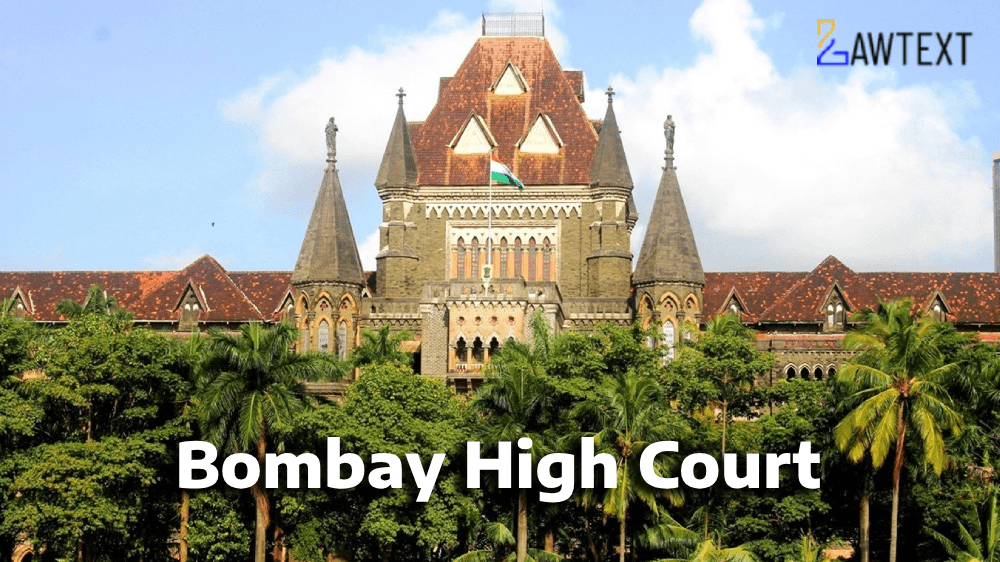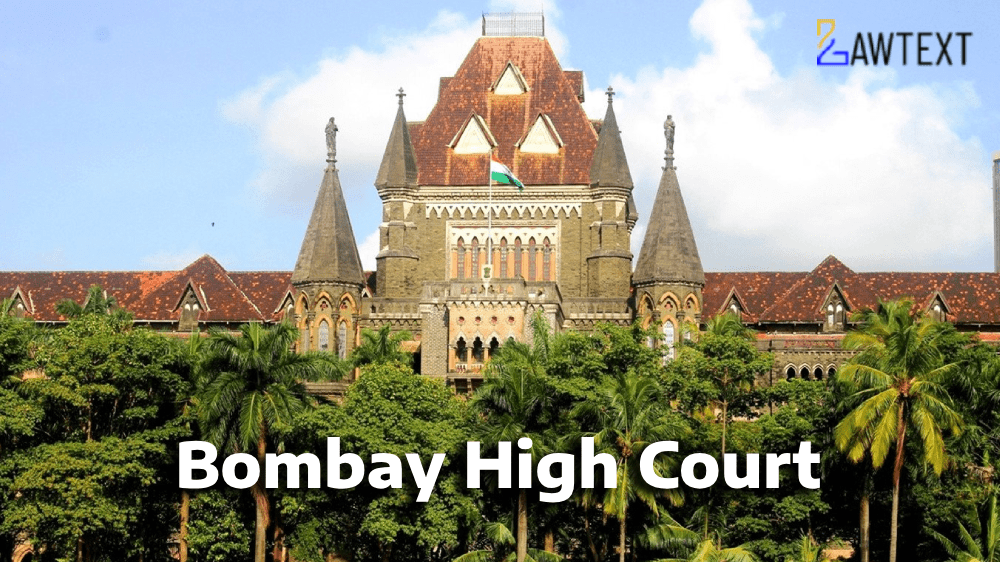Case Note & Summary
The case examines whether the right to sue for divorce by mutual consent under Section 13-B of the Hindu Marriage Act, 1955, survives to the mother and brothers of a deceased husband when he dies before the second motion is made. Aniket and Shalaka filed for mutual consent divorce, with Aniket agreeing to pay Shalaka Rs.5,00,000/- and having paid Rs.2,50,000/-. Aniket died before the second motion could be filed, and Shalaka withdrew her consent. Aniket's family sought to be substituted as his legal heirs, which Shalaka opposed. The court concluded that the right to seek divorce is personal and does not survive after death, dismissing the appeal and upholding the original order.
1. Introduction The case involves the interpretation of Section 13-B of the Hindu Marriage Act, 1955, focusing on the survival of the right to sue for mutual consent divorce after the death of one spouse.
2. Background and Key Facts
Filing for Divorce: Aniket and Shalaka filed a petition for mutual consent divorce on 14-10-2020. Payment Agreement: Aniket agreed to pay Shalaka Rs.5,00,000/-, paying Rs.2,50,000/- upon filing. Aniket’s Death: Aniket died on 15-04-2021 due to COVID-19. Withdrawal of Consent: Shalaka withdrew her consent and requested the disposal of the petition on 28-04-2021. Legal Heirs' Request: Aniket’s mother and brothers sought to be substituted as legal heirs and requested Shalaka to return the Rs.2,50,000/-.3. Legal Issue
The central issue is whether the right to sue for divorce by mutual consent survives to the deceased husband’s mother and brothers when he dies before the second motion under Section 13-B(2) is moved.4. Appellants' Arguments
Completion of Divorce Process: Argued that a substantial part of the mutual consent divorce process was completed. Unjust Enrichment: Claimed refusal to allow substitution would result in unjust enrichment for Shalaka. Case Laws Cited: Referenced several case laws, including Prakash Alumal Kalandari v. Jahnavi Prakash Kalandari.5. Respondent’s Arguments
Personal Right: Asserted that no right accrued to Aniket that could survive to the appellants. Non-Survivability: Emphasized that the right to seek divorce is personal and does not survive after death. Supporting Case Laws: Cited relevant case laws supporting non-survivability of the right to sue.6. Court’s Analysis and Findings
Section 13-B Requirements: Emphasized that Section 13-B requires both parties to move a second motion jointly. Infructuous Petition: Concluded that the petition became infructuous upon Aniket’s death as the second motion was not made. Relevant Case Laws: Referenced Hitesh Bhatnagar v. Deepa Bhatnagar and Sureshta Devi v. Om Prakash, confirming mutual consent must exist at the time of the decree. Yallawwa v. Shantavva: Supported that divorce proceedings abate with the death of the petitioner.7. Conclusion
Personal Right: Affirmed that the right to seek divorce is personal and does not survive after death. No Right to Substitute: Held that appellants cannot come on record as legal heirs. Dismissal of Appeal: Dismissed the appeal, upholding the original order.8. Decision
Appeal Dismissed: The appeal is dismissed. No Right to Appeal: Appellants have no right to come on record or prefer an appeal. No Costs Ordered: No order as to costs.This judgment provides a comprehensive summary and detailed headings to understand the legal principles regarding the right to sue in mutual consent divorce cases when one spouse dies before the second motion is moved under Section 13-B of the Hindu Marriage Act, 1955.
Issue of Consideration: Aniket Arun Dhatrak Died Through Rajashree Arun Dhatrak (Mother) Ors. Versus Shalaka Aniket Dhatrak
Premium Content
The Issue of Consideration is only available to subscribed members.
Subscribe Now to access critical case issues





